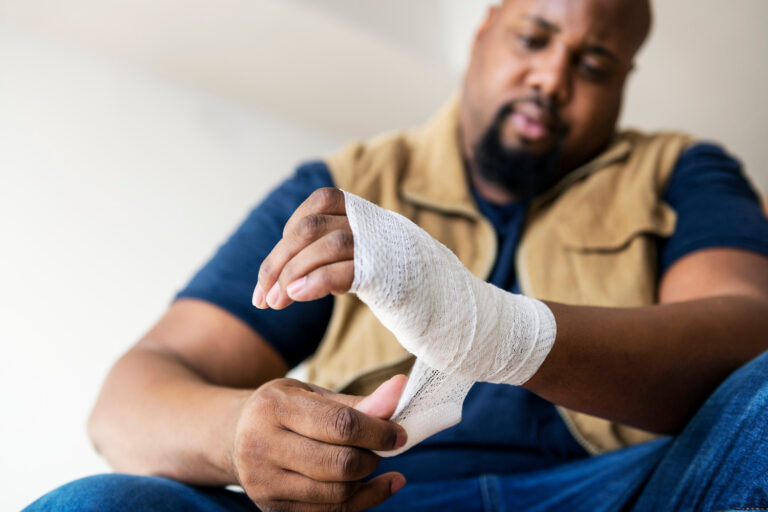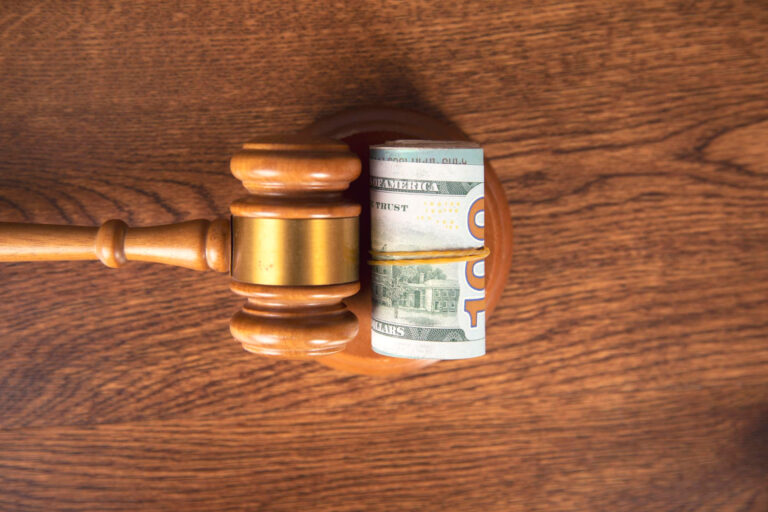How long after an accident can you sue for personal injury
When you’re involved in an accident, it’s crucial to know your legal rights, especially regarding how long you can wait before suing for personal injury. At LawOfficeOfBrianKelly, we’ve guided many through this very process. You’ll find that understanding the statute of limitations can be a game-changer for your case. In this article, we’ll unravel the timeframe you have after an accident to take legal action, helping you make the best decisions for your situation.
On the authority of state laws, you can usually sue for personal injury within 1 to 6 years after an accident. The exact time depends on your state’s statute of limitations. Always check your local laws for specifics.
What is the Statute of Limitations?
The Statute of Limitations dictates the maximum period one can wait before initiating legal proceedings. This prevents legal actions on certain crimes or civil issues after the set time frame has elapsed.
Basically, the time limit for legal cases depends on where you are and what kind of offense it is. Once this time limit, called the statute of limitations, runs out, a person can’t be legally held responsible for their actions anymore.
The statute of limitations helps make sure cases are handled quickly because evidence can get lost or damaged over time and it can be harder to find or rely on witnesses. To cut a long story short, it also stops old and possibly unfair claims from being made.
In criminal cases, this time limit keeps people from worrying forever about being charged. It also pushes people to act quickly when they want to make a legal claim, making the legal process fairer for everyone.
It’s important to know the statute of limitations for your situation so you don’t miss the chance to take legal action.
Exceptions to the Deadline
Certain situations allow for deadline exceptions, like natural disasters or unforeseen medical emergencies.
For the most part, exceptions to deadlines are usually given when unexpected events occur that the person or organization couldn’t control. This can include natural disasters, sudden illness or injury, technical problems, or other emergencies.
To get an exception, you generally need to show evidence of what happened that made you miss the deadline. This might be medical records, police reports, or other official documents that back up your claim.
In other words, it’s important to understand that exceptions are rarely given for reasons that you could control, like poor time management, procrastination, or simply forgetting the deadline. In such cases, you’ll likely face consequences for missing the deadline.
The final decision to grant an exception is made by the person or organization in charge of the deadline. It’s very important to be honest and provide any required documents to explain why you couldn’t meet the deadline.
Steps to Take After an Accident
After an accident, checking everyone’s safety is paramount.
If you think about it, if you’re in an accident, here’s what to do:
- Get medical help for any injuries.
- Call the police and report the accident.
- Share names, contact info, and insurance details with anyone else involved.
- Take photos of the scene and any damage.
- Try to get contact info from any witnesses.
- Tell your insurance company and start a claim.
- Follow up with any needed medical treatment.
- Keep track of all expenses related to the accident.
In basic terms, think about talking to a lawyer if you need to. Be careful what you say and don’t admit fault. Stay calm and work with the authorities. Document everything for future use. Stay in touch with your insurance company and others involved. Fix any damage to your vehicle. Follow any legal steps that come up. Stay informed and ask for help if you need it.
Your safety and well-being are the most important things after an accident.
Factors Affecting Time to Sue
Factors influencing the time to sue include legal issue complexity, evidence availability, negotiation willingness, party finances, statute of limitations, jurisdiction, court caseload, legal representation, settlement potential, and legal system efficiency.
To put it simply, other factors that can affect the timing of a lawsuit include where important witnesses or evidence are, needing expert witnesses, how much information needs to be gathered, the likelihood of appeals, and the overall plan of those involved.
If you think about it, in the end, the time it takes to file a lawsuit can be very different based on the specifics of each case and the strategies of the people and their lawyers.

The Takeaway
The time limit for filing a personal injury lawsuit after an accident varies by state.
What LawOfficeOfBrianKelly is recommending to get is, it is very important to seek legal advice promptly to understand the statute of limitations in your area. Generally, it is best to pursue legal action as soon as possible to ensure that your rights are protected and evidence is preserved.







